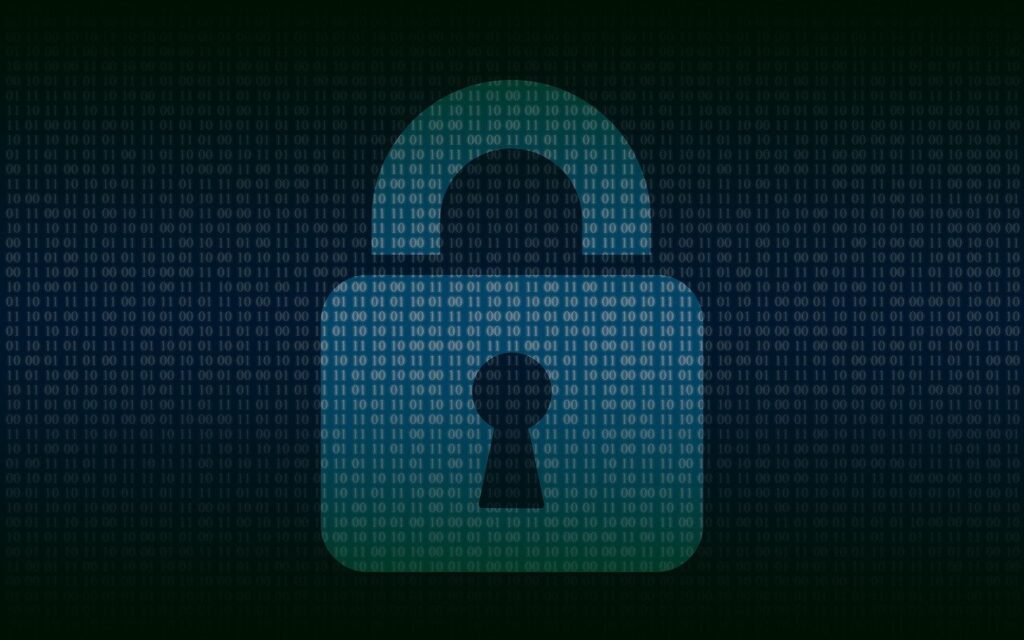Cybersecurity is a critical aspect of any business, but for startups, it can often be overlooked in the rush to bring products to market and in dealing with financial concerns.
But, failing to address security from the outset can leave businesses vulnerable to data breaches, financial loss and reputational damage. In the long run, it’s just not worth the risk.
Thus, for startups, building robust cybersecurity measures from day one is essential to ensuring both short-term stability and long-term success.
Understanding Cybersecurity Risks
Startups often assume they are too small to be targeted by cybercriminals, but not only is this a misconception, but it can be a costly one at that. Hackers frequently exploit smaller businesses because they often lack robust defences.
Phishing attacks, ransomware and data breaches are common threats, and a single incident can be devastating. Beyond financial loss, startups risk losing customer trust, which can be especially damaging in their formative years. Understanding these risks is the first step towards creating an effective cybersecurity strategy.
Integrating Security into the Business Plan
Cybersecurity should never be an afterthought in fact, it ought to be an integral part of a startup’s business plan. From the moment a company is conceived, founders should consider how they’re going to protect sensitive data, intellectual property and customer information.
This includes budgeting for cybersecurity tools, software and personnel. Allocating resources early on ensures that security measures are not compromised as the business grows.
Also, startups should develop a clear cybersecurity policy that outlines procedures for handling data, responding to threats and training employees. A well-defined plan demonstrates to stakeholders that security is a priority, which may be a selling point for potential investors.
Choosing the Right Tools and Technologies
Startups often operate with limited resources, so choosing the right tools is crucial. Cloud-based solutions, for instance, can provide cost-effective security measures without requiring substantial upfront investment.
Plenty of cloud providers offer built-in encryption, access controls and regular security updates, making them a reliable choice for small businesses.
Multi-factor authentication (MFA) is another simple yet effective measure. By requiring multiple forms of verification to access systems, MFA significantly reduces the risk of unauthorised access.
It’s also a good idea for startups to invest in firewalls, antivirus software and intrusion detection systems to establish a robust first line of defence.
Creating a Culture of Security
A strong cybersecurity posture isn’t only about technology – it’s also about people. Employees are often the weakest link in any security chain (and business in general), so it’s essential that startups prioritise education and training.
Indeed, regular sessions on recognising phishing emails, using strong passwords and following secure practices can go a long way in preventing breaches.
Leadership plays a crucial role in fostering a culture of security. When founders and executives model good cybersecurity behaviours, employees are way more likely to follow suit. Encouraging open communication about potential risks and incidents also helps to create a proactive and informed workforce.
Partnering with Experts
For many startups, hiring a full-time cybersecurity expert may not be feasible de to costs. In such cases, partnering with external consultants or managed security service providers can be a practical solution. These experts can conduct risk assessments, recommend tailored solutions, and provide ongoing support as the business scales.
Startups can also benefit from joining industry networks and forums where they can share knowledge and learn from other businesses. Collaboration with larger companies can provide insights into emerging threats and best practices, ensuring that startups stay ahead of potential risks.
Planning for Growth
As startups expand, their cybersecurity needs will evolve. Systems that were adequate for a small team may no longer suffice as the business scales. Startups should regularly review and update their security measures to ensure they remain effective.
This includes implementing scalable solutions that can grow with the business lik advanced encryption methods, AI-driven threat detection, and automated security monitoring. Staying adaptable is key to maintaining strong defences in a rapidly changing digital landscape.



